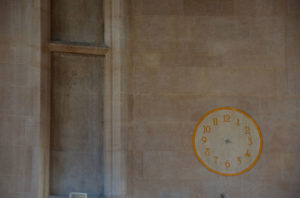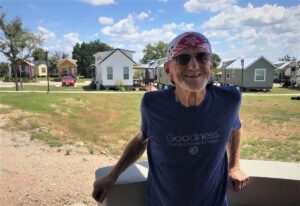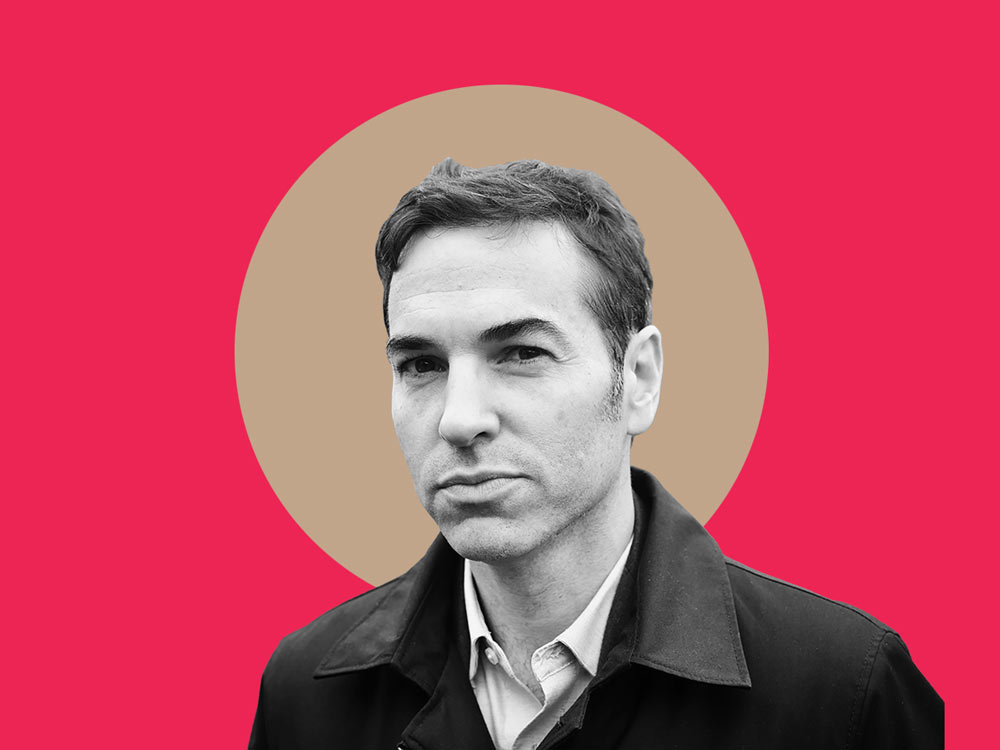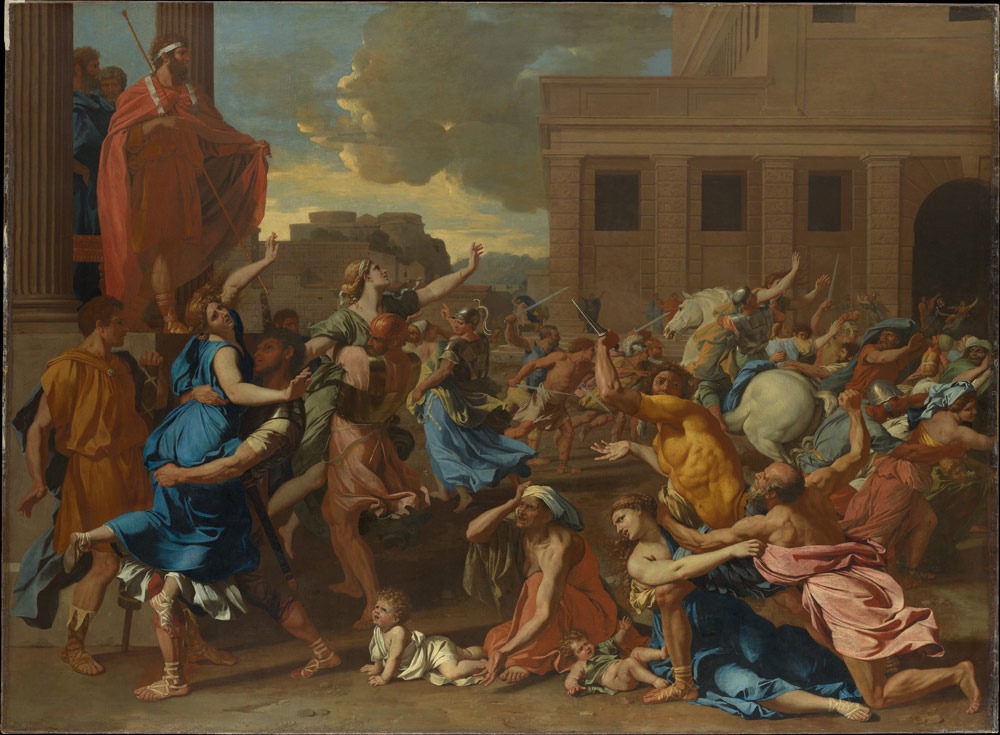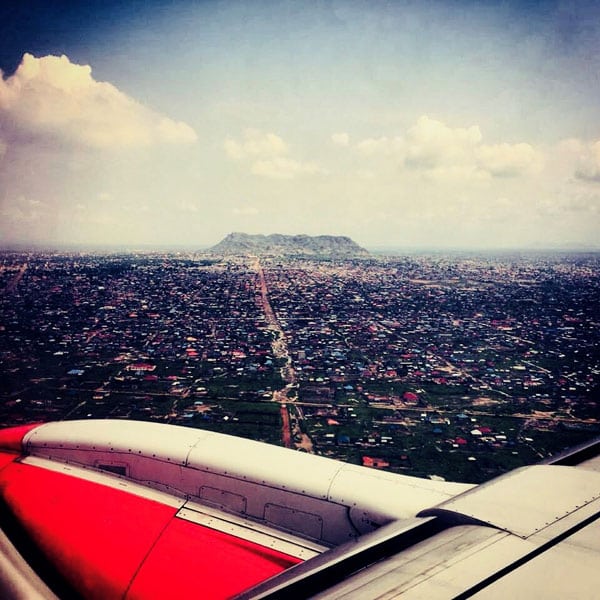
Editors’ Note:
After this podcast was first posted, we heard from the Terrain Hotel’s Paul Cockerill and Mike Woodward. We also heard from Terrain Hotel staff and others who survived the horrific incidents that occurred there in July 2016.
Cockerill informed us that, although Sabrina maintains she felt unsafe, the Terrain had been “signed off as safe” by the United Nations Department of Safety and Security, which, he adds is “a stamp of approval which permits all aid workers to reside there.” He also explained that “the compound had armed guards, air lock gates, CCTV, and numerous other security features.” Mike Woodward wrote that “we literally had the best protection legally afforded to us.”
Also, Sabrina and I discuss three women who were left behind for the night at the Terrain. Cockerill wishes to note that 40 people were left behind at the Terrain overnight, and were terrified, too. By asking about Sabrina’s experience and that of the three international aid workers only, some felt that I overlooked—or rendered invisible—the terror experienced by others.
I also want to make clear that Sabrina was the first survivor of sexual assault to testify against her perpetrators in court. However, what I could have also made clear in the original podcast is that international staff flew from their homes in other African countries to Juba to testify against the alleged perpetrators for their roles in the assault of the Terrain Hotel compound itself, along with several South Sudanese witnesses. Those who were involved want me—and all of you—to know the incredible bravery it took for these witnesses to appear in court and they want desperately for me to honor their role in the trial.
For more, please listen to the revised podcast.
Sign up for our free newsletters
Subscribe to NPQ's newsletters to have our top stories delivered directly to your inbox.
By signing up, you agree to our privacy policy and terms of use, and to receive messages from NPQ and our partners.
Sabrina agreed to speak to us in the wake of an historic verdict that came out of South Sudan last week, when a military court sentenced ten soldiers to jail terms ranging from seven years to life for their part in attacking the Terrain Hotel in Juba. The ambush occurred in July 2016 during heavy fighting between government and rebel forces. A journalist was killed, and five foreign aid workers were raped after dozens of troops stormed the hotel’s compound. Sabrina is one of the survivors and decided to return to South Sudan to testify against her perpetrators.
“I won. We won. Women won,” she says of the verdict. “It was a very big surprise and I can’t describe my happiness.” She also acknowledges that her decision to return to South Sudan to testify was difficult, but she wanted justice served. “I recognized a few soldiers, four soldiers, for their crime,” she says. “They raped me and for what they did, they have to pay.”
For the past two years, Sabrina tells us that she has been driven by this quest for justice—not just for herself, but for women across South Sudan, where Human Rights Watch has reported wide-scale sexual violence against women. Sabrina explains that she had those women in mind, too, when she testified. “This trial can be a very important precedent for the future, for all women.”
In this special podcast, Sabrina also critiques parts of the verdict, including the $4,000 awarded to each of the five aid workers, and the 51 cows, which went to the family of slain local radio journalist John Gatluak Manguet Nhial, versus the $2.2M awarded to the Terrain’s owner in a separate case. “For me, it’s unacceptable,” she says. Even so, she says the verdict is a turning point. “It is a very big relief,” she says. “This trial, for me, is a reason to be better.”





